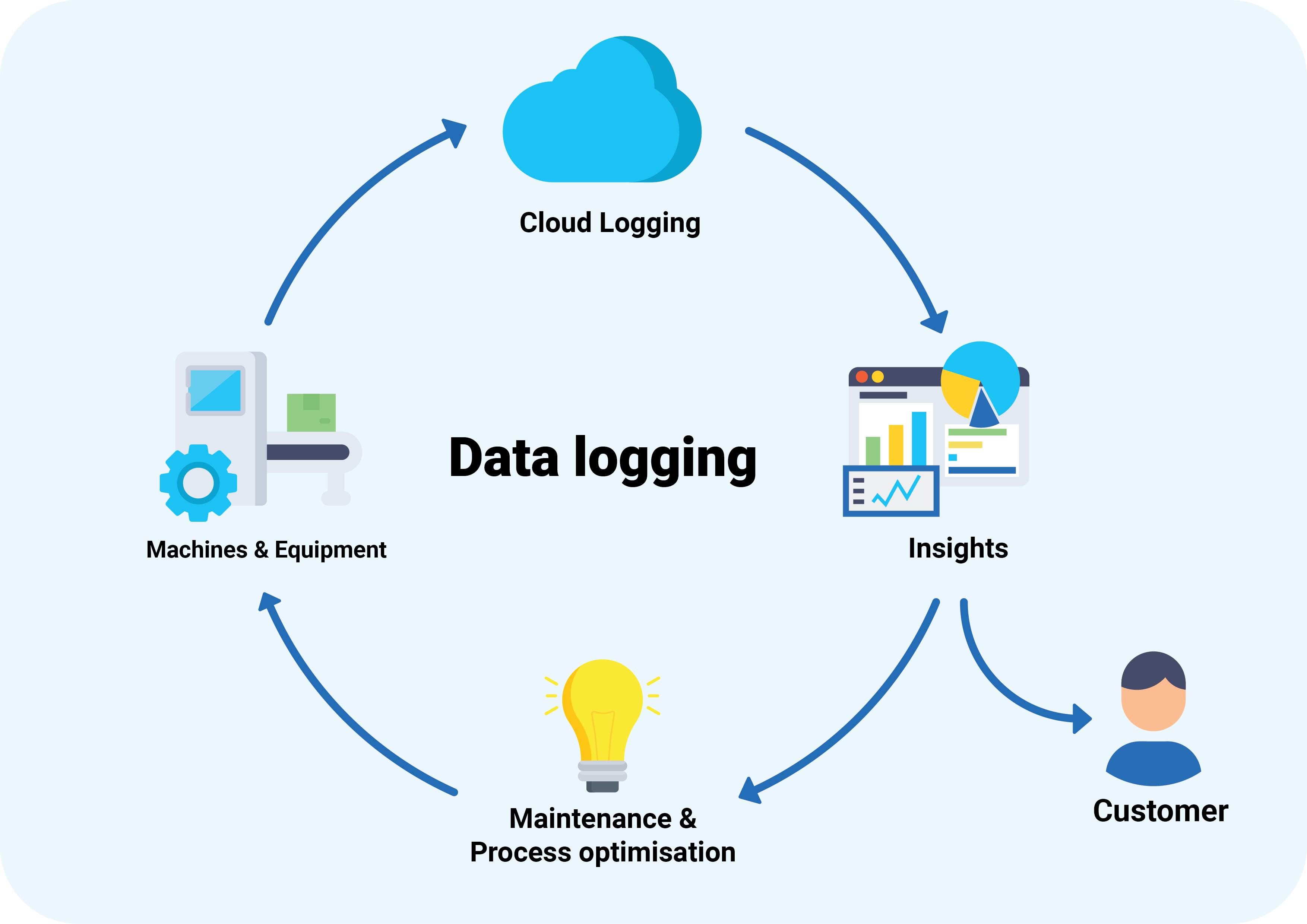
5 Expert tips for Effective Data Logging
Recording information which contributes to the function of machinery and equipment, as well as collecting data that can help improve personnel performance is an effective way to streamline your business processes. A data logger is a device which can provide this information accurately and efficiently.
When choosing a data logger the first step is establishing its main purpose within the context of your business. For example, if the purpose is to collect data on temperature to ensure goods or equipment are kept in specific conditions, a temperature logger is the data recorder that best fits your needs.
Once the purpose is established you will need to consider other factors such as temperature range, sampling parameters, or how data is stored or transferred. There are numerous data loggers available from a range of reputable international distributors such as RS Components, each with their own advantages for your particular business and requirements. This enables a very high security threat from anonymous
Before purchasing, consider the following factors that make an effective data logger:
Matching device to environment:
Data loggers vary in how they transfer information. A stand-alone logger uses a memory card or USB stick and data can also be transferred through wireless internet. This is perfect for collecting information from remote or hazardous locations.
Collection is made on a regular basis, but the data logging itself remains in position at all times – for example in a water tank or gas vessel. These loggers should also have an independent power source such as solar or long-life battery.
Conversely, if your data is being collected in safe and clean conditions, a less robust data logger and one that can be connected directly to the computer for analysis of data is the most functional.
Sample rates
The type of data being recorded can be used to decide how powerful you need your data logging to be. If your collection rate is once a day, your memory will not need to be as large as sample collections of four times an hour.
Sensors
Your data logger is only as effective as the sensors it records from. Devices range in their ability to access channels and can take input from any number of channels depending on their power source. Monitoring vehicle or engine performance and enacting preventative maintenance is the best way to save money and increase productivity.
Recording the right information:
Data loggers can record temperature, pH, heart rate, light intensity, pressure and a range of other factors. An effective data logger will have a wide range of parameters that relate directly to what is being measured, with units to match the size of the measurements required.
Configuration and Programming
Data loggers are extremely effective tools in productive and cost effective management of your business. Receiving accurate and timely data recordings around safety, pressure, engine function and even driver performance allows companies to establish optimal methodology, and solve issues before they effect productivity. The considered configuration of the data logger and the optimal placing of sensors contributes to their effectiveness and will result in the best ROI for each device.
Discuss your data recording needs with an expert to find out which data logger and configuration best suits your business requirements.



